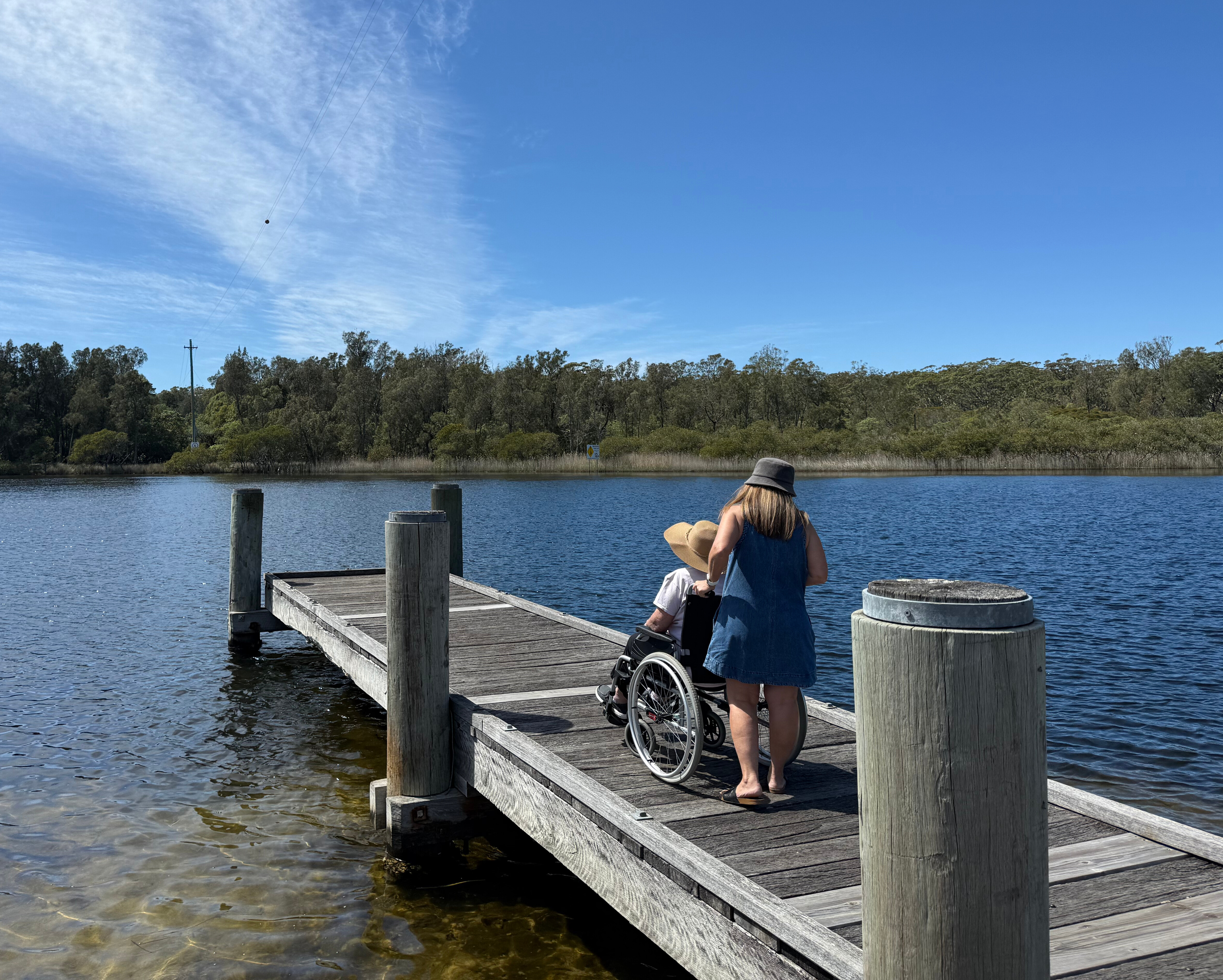D
Deleted member 2545
Guest
Moved post
Article in The Coversation. Note, also posted up thread here.
Title is
It’s not just ‘chronic fatigue’: ME/CFS is much more than being tired
Published: June 19, 2025 6.09am BST
By Sarah Annesley, La Trobe University

 theconversation.com
theconversation.com
Eta
I came across it in a ME Research Facebook post. It's from an Australian perspective.
I don't think it's especially effective . It's says it's making the point that it's not just fatigue but then only really emphasises "two core symptoms" - fatigue and pem so for me it fails to get across the whole gamut of immunological and neurological (and often other systemic) symptoms pwme experience.
Then it gets into the psychological debate which it seems is always a minefield...
Article in The Coversation. Note, also posted up thread here.
Title is
It’s not just ‘chronic fatigue’: ME/CFS is much more than being tired
Published: June 19, 2025 6.09am BST
By Sarah Annesley, La Trobe University

It’s not just ‘chronic fatigue’: ME/CFS is much more than being tired
A growing body of scientific evidence shows myalgic encephalomyelitis chronic fatigue syndrome – or ME/CFS – is a biological illness, not a psychological one.
 theconversation.com
theconversation.com
Eta
I came across it in a ME Research Facebook post. It's from an Australian perspective.
I don't think it's especially effective . It's says it's making the point that it's not just fatigue but then only really emphasises "two core symptoms" - fatigue and pem so for me it fails to get across the whole gamut of immunological and neurological (and often other systemic) symptoms pwme experience.
Then it gets into the psychological debate which it seems is always a minefield...
Last edited by a moderator:

